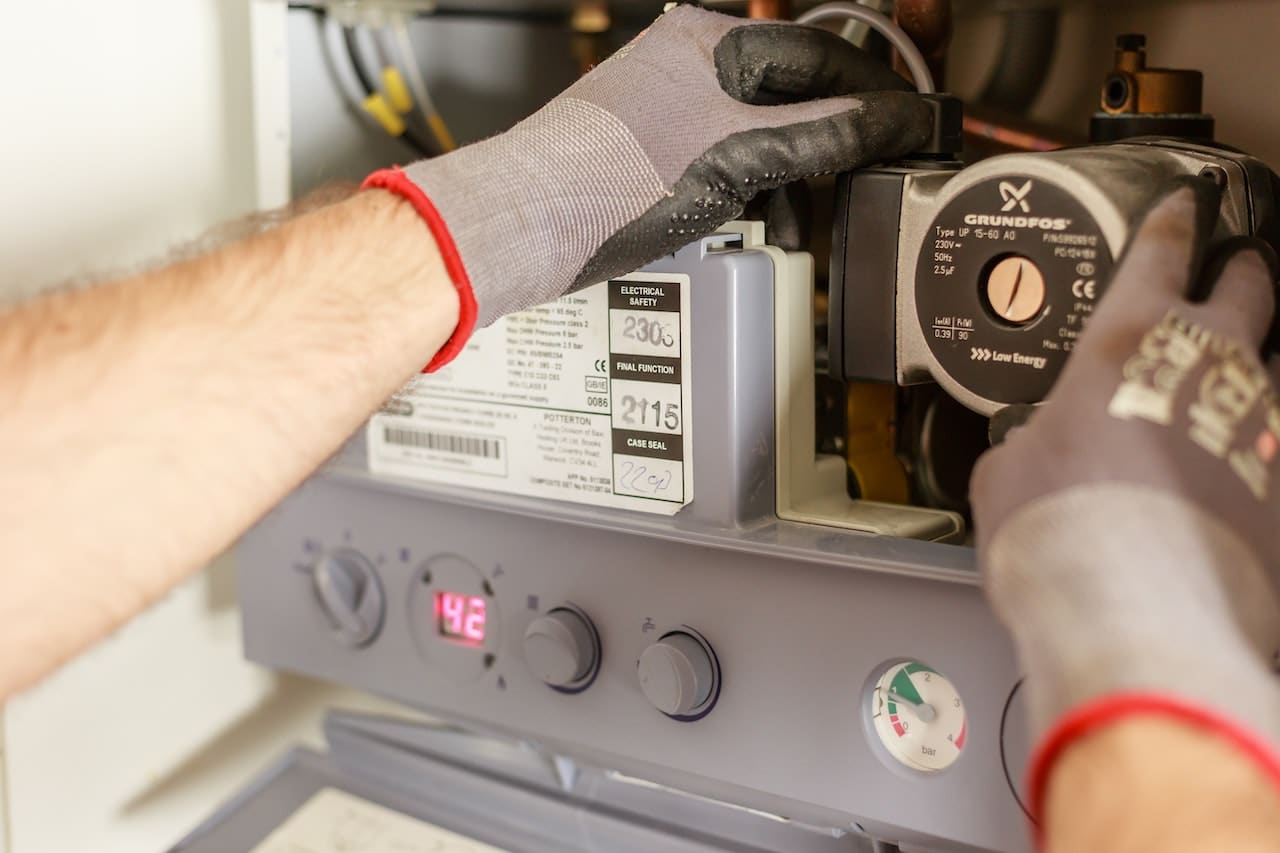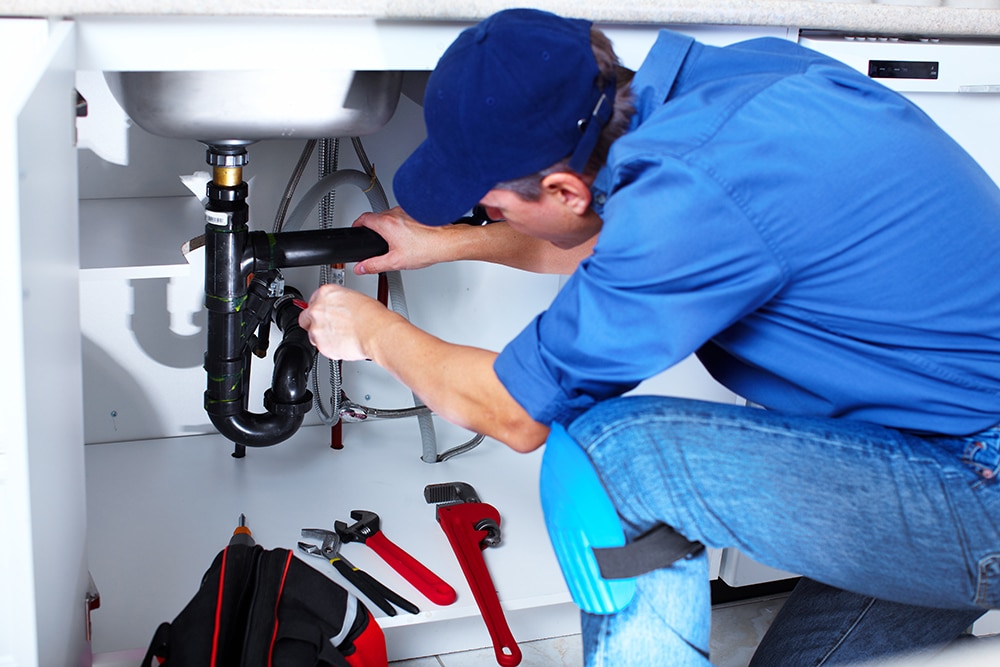Plumbing issues can be a pain, but the best way to prevent them is to prevent them in the first place. Even the tiniest leak can waste hundreds of gallons of water. So how do you prevent them? Here are a few tips:
Installing drain screens
One of the most common causes of clogged drains is hair. If you have a shower or tub, it is highly likely that your drains will become clogged due to soap scum and hair. To prevent clogs, you can install drain covers to trap these particles. These drain covers can be purchased at most home improvement stores. They are easy to install, but they should be removed periodically to avoid clogging.
Installing drain screens is a relatively simple process. Depending on your sink, you can purchase a drain screen online or from a hardware store. These covers simply sit over your sink drain to catch the debris that would otherwise clog it. They require a little more effort than drain covers, so you should consult a plumber if you are not comfortable doing it yourself. Installing drain screens is a good investment for your tenants and will prevent plumbing issues in the future.
Installing sink stoppers
Sink stoppers are an easy way to keep your bathroom sink draining properly. They come with internal spring mechanisms that can prevent leaks. When you are installing a new sink stopper, make sure that you use one that is compatible with your sink. If not, you can purchase a universal pop-up stopper. To install the stopper, unscrew the mounting nut from the drain tailpiece. Then, push the spring-loaded washers all the way down.
Sink stopper assemblies come with many parts. To reduce the chance of losing them, use a bucket to hold them when not in use. Using a wrench is also recommended. Using force can break apart these parts. To avoid causing any damage to your bathroom sink’s pipes, use the steps outlined above. They provide a quick walkthrough to the average DIYer. This guide is not intended to be a complete plumbing repair guide.
Flushing only dissolvable waste products down the toilet
To keep your plumbing from becoming a problem, you should avoid flushing non-dissolvable waste products down the toilet. Paper towels, wipes, and sanitary napkins are all not meant to dissolve in water. If flushed down the toilet, they can cause clogs and damage to your plumbing. Instead, make sure to use toilet paper that is made for this purpose.
To prevent plumbing problems, make sure to discard any cigarette butts properly. The water in toilets doesn’t break down old pills or cigarettes, which could pose a hazard to wildlife. And don’t forget that cigarette butts don’t dissolve in water, so flushing them down the toilet could leave a nasty surprise for the next person who uses the bathroom.
In addition to putting away the toilet paper, you also need to avoid flushing gum. Because it is sticky, it doesn’t dissolve, which could cause serious problems for your plumbing. Another non-dissolvable waste product you should avoid flushing down the toilet is cooking grease. These items tend to congeal when they cool, clogging your pipes and your septic system.
Maintaining your home’s plumbing system
Luckily, there are ways to prevent plumbing issues before they become a problem. Identifying small leaks early on is one way to avoid costly plumbing emergencies. Pay close attention to any signs of moisture, like musty odors, dripping faucets, or rocking toilets. Even the smallest leaks can lead to mold growth and corrosive corrosion. Here are some tips for preventing leaks.
Inspecting your plumbing regularly is a simple but effective way to prevent costly property damage. Pay special attention to slow leaks or drips and check for visible damage around pipes. Make sure to check cabinetry as well, which can be a sign of an active leak. You can also make your own checklist of common maintenance items to perform every few months. Keep these handy lists handy and prevent plumbing problems before they become a major hassle.
Regularly clear out drains of visible debris. Overgrown yard plants are a common cause of plumbing issues, as they can clog pipes and back up wastewater into your home. Also, don’t use commercial drain cleaners to clean drains at home, because they’re too harsh for home plumbing systems and can eat through a variety of pipes. So, before you use commercial drain cleaners, make sure to consult a plumber. If you are facing any plumbing issues call candu Plumbing Services in Santa Clarita.


